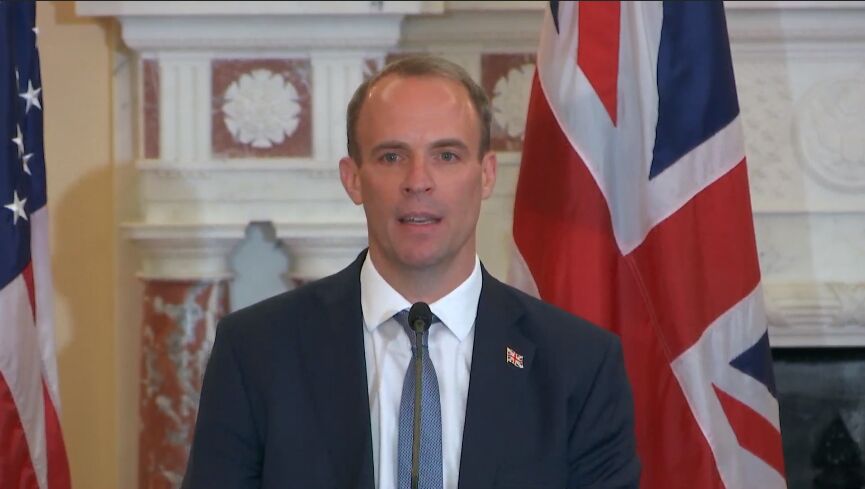While some opponents of the Joint Comprehensive Plan of Action an (JCPOA) in the West believe that this agreement can be challenged until its end and then an agreement with a higher level of influence can be imposed on Iran, others, especially European countries for which the non-proliferation system is very important, are against such approach. At the same time, significant geopolitical changes at the world level, including the US-China confrontation, Russian military operations in Ukraine, and the loss of strategic Middle East importance, are among the reasons for global powers flexibility on the nuclear issue around the world, and in particular the nuclear deal with Iran.
As an important power with full membership in the UN Security Council, Britain is directly affected by global developments, while the country, by exiting from the European Union, needs to develop trade relations with non-European partners. The country, by membership in the AUKUS pact, joined China’s outspoken opposition front last year, paving the way for future economic relations with Beijing. On the other hand, with the withdrawal of the United States from Afghanistan, London also withdrew from joint management of Eastern European neighborhood and also lost control over many affairs in that region, for the compensation of which it needed to re-establish bilateral relations with the countries of the region.
In response to recent geopolitical changes and in coordination with the Western front, Britain closed all economic avenues to Russia after the Russian invasion of Ukraine and imposed sanctions on the country. At the moment on the issue of energy supply, Britain is facing the important question of which supplier will be able to replace Russia, and this issue explains the reason for Britain’s turn to Iran and Saudi Arabia.
Nevertheless, there is a significant difference in the position of Iran and Saudi Arabia; the recent execution of 81 Shiites in that country has drawn strong opposition from human rights activists in Britain. Following Boris Johnson’s trip to Saudi Arabia to manage economic and energy issues, which was accompanied by protests, human rights activists called the deal the “blood-for-oil deal” and called its policy as double standard; that is to say, when Britain imposes sanctions on Russia against the Ukrainian casualties, but on the contrary, it has remained silent in the face of the bloody execution of Shiites in Saudi Arabia. In Britain, however, opponents of naming the Saudi officials as dictators, have justified that Saudi Arabia is not an international threat, while Russia can be seen as an international threat to world order.
On the other hand, the security importance of the Iranian nuclear issue has diminished in the light of recent international developments. In the discussion of sanctions against Iran, the leniency of the US officials indicates a change in the position on nuclear issues. In the British turn towards Iran and the JCPOA, not only the issue of the British economy is raised, but also issues such as the US fatigue from the Middle East and Britain deciding for itself.
Therefore, Britain seems to see the nuclear deal as a way to have economic ties with Iran and is waiting to gain access to that agreement, and as Johnson’s spokesman stated, establishing constructive relations with Iran, and not just reaching a nuclear deal, is Britain’s ultimate goal.
Compared to Germany and France, reaching a nuclear deal with Iran has been much more important to Britain in recent months, and while other European members have been embroiled in domestic issues, including the French election, Britain is moving Iran nuclear talks in the direction of reaching an agreement. The nuclear deal has become economically prestigious for London, and the role of the French and Germans can be seen to have diminished, leading to important debates in various areas to which the British were responsible. As many observers and experts point out, the release of dual nationals by Iran and the payment of 400 million euros in Iranian claims by Britain are signs of the reopening of the agreement and Britain’s hope to reach a nuclear deal with Iran.
A nuclear deal with Iran could also release about 1.5 billion barrels of Iranian oil. In the hope of finding alternative energy to Russia, Britain needs to reach an agreement and establish relations with Iran as a non-European partner in economy and even in the Middle East security. Therefore, a great opportunity has been provided for Iran that, while reaching a nuclear agreement, reach other important economic or security agreements with European countries, especially Britain, and establish their long-term cooperation, especially in the field of energy. This situation, both regionally and internationally, has provided Iran with a position that is hoped to be well exploited.










0 Comments